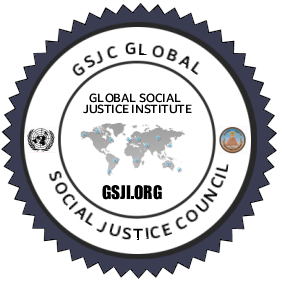|
c. International Criminal Tribunal for Former Yugoslavia
Faced with a situation characterized by widespread violations of international humanitarian and human rights law in
the former Yugoslavia, including the existence of concentration camps and the continuance of the practice of
“ethnic cleansing”, the Security Council initially adopted a series of resolu- tions requesting that all parties
concerned in the conflict comply with the obligations under international law, more particularly under the Geneva
Con- ventions. The Security Council reaffirmed the principle of the individual criminal responsibility of persons
who commit or order the commission of grave breaches of the Geneva Conventions or other breaches of international
humanitarian law.
Owing to a lack of compliance with its early resolutions, the Security Council eventually decided that an
international tribunal would be established for the prosecution of persons responsible for serious violations of
international humanitarian law committed in the territory of the former Yugoslavia since 1991 and requested the
Secretary-General to prepare a report on this matter. The report of the Secretary-General incorporating the Statute
of the Interna- tional Tribunal was submitted to the Security Council, which, acting under Chapter VII of the
Charter of the United Nations, adopted it in its resolution 827 (1993) of 25 May 1993, thereby establishing an
international tribunal for the former Yugoslavia in The Hague. The statute defines the Tribunal’s authority to
prosecute four clusters of offences: grave breaches of the 1949 Geneva Conventions; violations of the laws or
customs of war; genocide; and crimes against humanity.
From the date of its establishment to January 1999, the Tribunal has handed down indictments against 93
individuals. [Source: ICTY General Presentation (Fact Sheet) 7 March 2000]
Also see ICTY web site at: http://www.un.org/icty/index.html
| 
